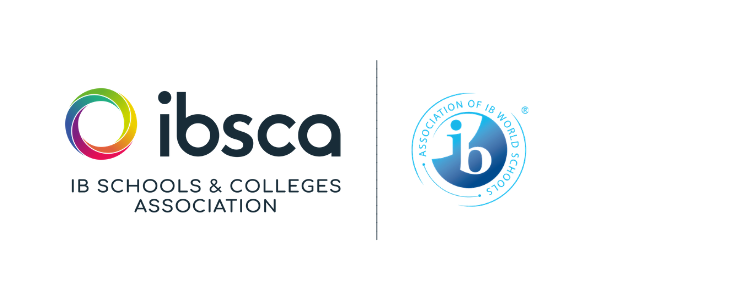RECOMMENDED FOR:
Diploma Programme (DP) teachers who have had an association with the Extended Essay for at least one DP exam session.
Please note this workshop will be delivered in November 2025 at the University of Warwick.
Details on accommodation and travel guidance can be found in our FAQs.
Workshop Overview:
This workshop aims to help EE educators build on and further develop their knowledge and skills related to supervising and supporting students throughout their extended essay experience and enhance the quality of their management of the extended essay process. Working collaboratively with each other and the workshop facilitator, participants will:
Further develop their skills in guiding and supporting EE students, emphasising IB approaches to teaching and approaches to learning
Develop their capacity to help students to actively connect their EE experience with their experiences in the other components of the DP core, TOK and CAS
Enhance their understanding of the nature, purpose and requirements of the EE and the framework that needs to be in place to effectively support students during their entire EE experience
Enhance their capacity to develop a positive supervisor-student relationship, with clearly delineated and mutually understood role boundaries, that helps students to make the most of their EE experience
Explore the possibilities offered by the research pathways open to students, interdisciplinary and subject-focused, and discuss the consequent potential emerging complex decision-making faced by students
Share approaches and techniques for running effective reflection sessions with students, emphasising transfer of skills to other contexts, both present and future
Co-develop practices to manage academic integrity in an era of rapid technological change
Apply the assessment criteria uniformly to extended essays written in a range of subject-focused and interdisciplinary frameworks
Use the EE grade descriptors to inform the grade prediction process
Use examples of assessed student work to build on and improve existing understanding of what a range of essays looks like, using this to inform potential guidance and feedback for students
Please select your required workshop from the dropdown list on the registration form
Benefits of our face-to-face workshops:
Courses delivered by approved and experienced IB workshop leaders.
15 hours of live instruction allowing for in-depth discussion and collaborative learning in a small group setting. Delegates are required to attend and participate in all scheduled sessions in order to receive their IB certificate.
Opportunities to meet participants from a range of schools helping to build your IB network and learn from fellow IB educators.
Held over the course of three days (Friday - Sunday) minimising the impact on your school schedule and allowing for dedicated time for your professional development.
Conveniently located at the University of Warwick in close proximity to transport links and providing comfortable hotel-style accommodation and excellent catering facilities.
Competitively priced – with discounts for IBSCA member schools.
Please note that you will not be eligible for an attendance certificate unless you attend all workshop sessions, please bear this in mind when considering your travel arrangements.
Face-to-Face Workshop Fees
Prices stated do not include VAT. You will be charged 20% VAT if applicable.
Residential Fees
Includes two-night b&b stay, lunch and evening meals at the University of Warwick.
Full IBSCA Member School: £905.00
Associate IBSCA Member School: £995.00
PYP/MYP/CP only IBSCA Member School: £995.00
Non IBSCA Member School: £1095.00
Extra night: £107.00
Non-Residential Fees
Accommodation, breakfast and dinner not included. Lunch provided on Friday and Saturday.
Full IBSCA Member School: £585.00
Associate IBSCA Member School: £675.00
PYP/MYP/CP only IBSCA Member School: £675.00
Non IBSCA Member School: £775.00
Frequently Asked Questions
Is this workshop for me?
Category 2 workshops focus on programme delivery. They emphasize assessment, teaching and learning methodologies, and exploring best practice in the classroom. The goals of these workshops are to enhance the understanding of the IB philosophy and programme model and improve the quality of programme delivery. Participants will:
make connections between the programme framework and practice
enhance their understanding of the role of assessment in IB programmes
discuss and analyze standards and practices appropriate to their role
engage in discussion and activities aimed at sharing pedagogical techniques such as best practice in the classroom; teaching and learning methodologies; and finding, sharing, developing and using resources.
Teachers who have attended Category 1 training and currently teach in an IB programme will:
Share best practices, teaching and learning methodologies and resources
Explore IB assessment in more depth
Enhance the quality of pedagogy and international mindedness
For other frequently asked questions…

